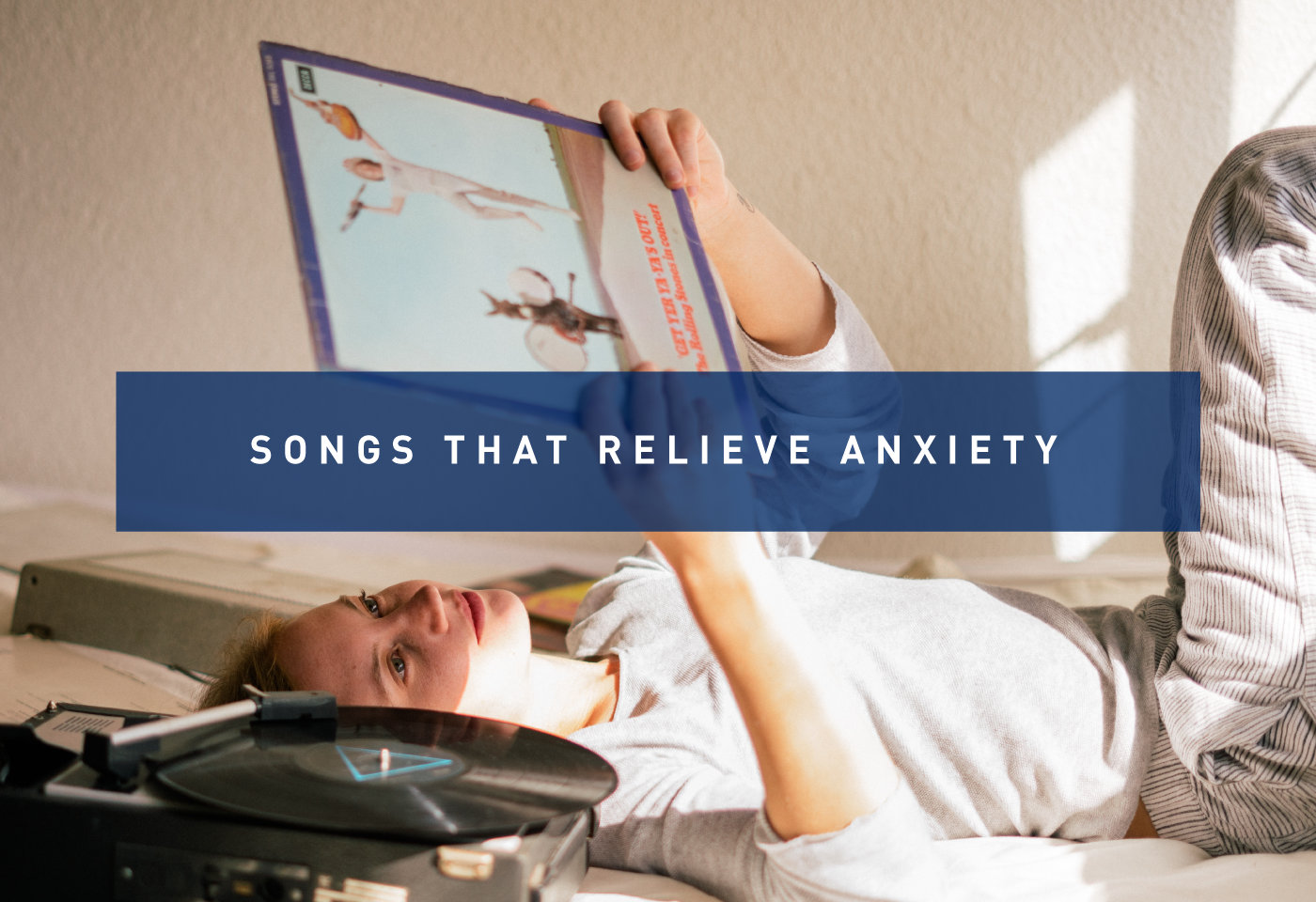
Which songs should we listen to relieve anxiety?
What music do you listen to for help to relax? Trip-hop? Medieval plainsong? A selection from Mellow Magic?
The ability of music to soothe us has long been known, but researchers found last week that its effects can be almost anaesthetic.
A recent clinical trial at the University of Pennsylvania concluded that anxious patients were calmed just as effectively by a piece of calming music as by the injection of a sedative, and they plan to offer music to keep patients calm at operation time.
Is this the world's most relaxing song?
There have been many studies of the calming effects of music, but one particular song – often described as “the world’s most relaxing” – has been tested more than most, and it was used again in the University of Pennsylvania study.
“Weightless”, by the British group Marconi Union, may well sound to you like a fairly generic, synth-based wash of sound, but with plaudits from the British Academy of Sound Therapy, regular publicity over the past eight years and tens of millions of YouTube plays, it has become the de facto “relaxing song”.
One person's relaxing is another person's irritating
As we all know, musical appreciation is highly subjective. If something is asserted as “soothing”, many people – including me – will be almost guaranteed to find it annoying.
Our hunt for relaxing music is constant and the market for it is huge. Classical music is constantly packaged and repackaged into soothing compilations and playlists (e.g. “The Ultimate Most Relaxing Classical Music in the Universe”) and artists such as Moby release work specifically designed for relaxation purposes.
Then there’s the rather vague genre of “new age”, which brings us endless hours of gentle, meditative sounds. But within that genre you’ll have no trouble finding things you dislike – perhaps singing bowls, or panpipes – which would never be relaxing in a surgical context.
The Greek composer Vangelis, whose work has often been referred to as new age, once described the genre as “giving the opportunity for untalented people to make very boring music”. So who’s to say what’s relaxing and what isn’t?
What can we define as relaxing?
Some common characteristics have been pinpointed. If the beats-per-minute of a track is between 60 and 80, it’ll match our heart rate and have a soothing effect. Longer tunes are better. Repetition might help. Vocals can be distracting. Environmental sounds, whether it’s running water or birdsong, might also calm us.
But a study done last year at the University of Sheffield found that music designed specifically for relaxation had no more power than a generic piece of quiet classical music. And there is evidence that the very simple question of whether we like the music or not is crucial; a 2018 study in the Netherlands found that giving a patient control helped to reduce their anxiety before surgery.
My unscientific survey
I asked some friends what kind of music calms them down.
“I find most ‘chilled’ music, whether it’s classical, electronic or acoustic, intensely aggravating,” said one.
Some people said they need to be transported. Among the replies was: “Anything that removes me from wherever I am, and plonks me right in the middle of someone else’s world – African or Asian music, 1940s jazz...”
Familiarity, for many, was key. “Anything that’s hard-wired into my brain after a lifetime of listening to them,” was one thought, while somebody else said: “Whatever genre, as long as I know it well – The Slits or Hanson or Sam Cooke.”
But maybe there are no rules. “We used to use Jeff Wayne’s War of the Worlds as a lullaby for our son,” said another friend. “If you put it on he’d be fast asleep in minutes.”
What’s clear is that music is a wonderful salve. But we also know best how music makes us feel – so, when it comes to medicating anxiety, it might be best if we prescribe it ourselves.
Source: inews.co.uk
